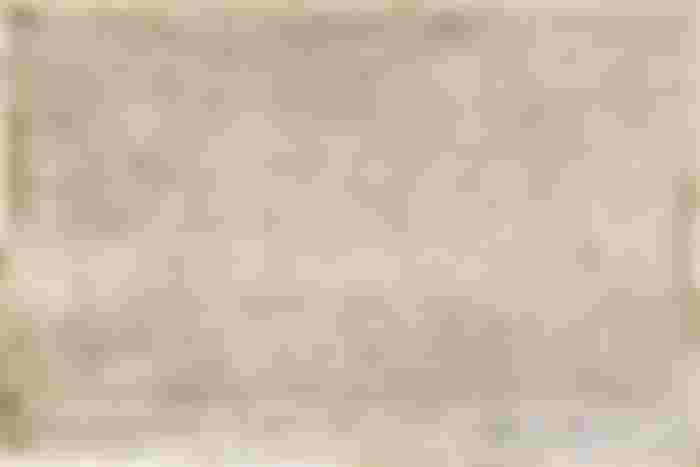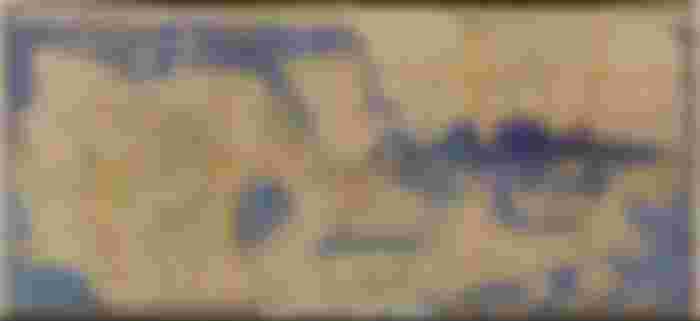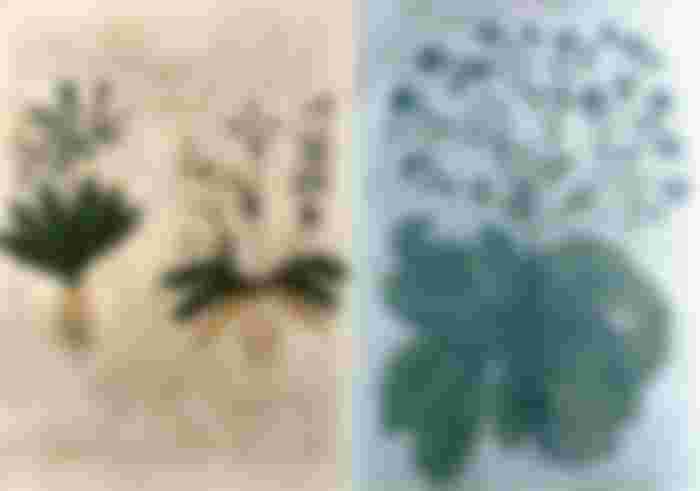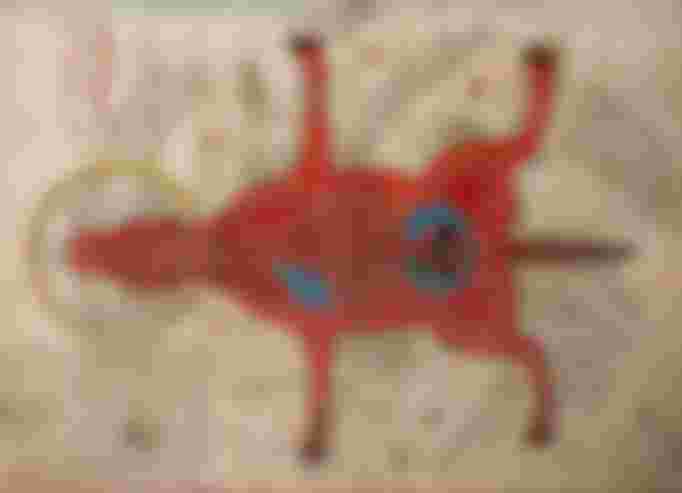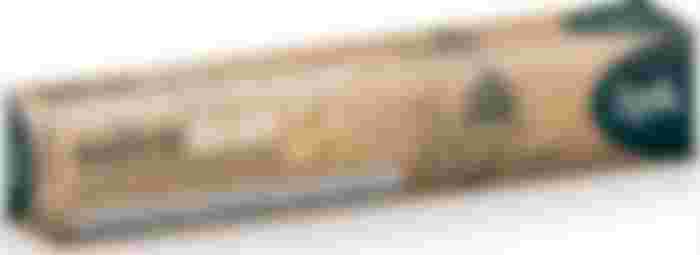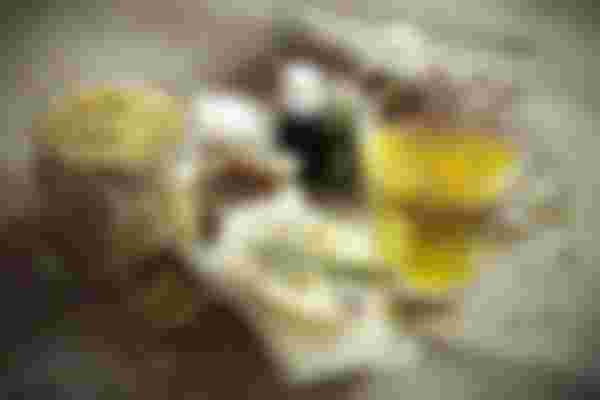Praise be to Allah the Lord of all the worlds. Praise be to Allah who has made us his slaves, who has shown us the right path and who has led us out of darkness into light. May peace and blessings be upon the last Messenger of Allah on the best servant of Allah, Muhammad s.a.v.s., on his family, on the Companions and on all those who follow them in good until the Day of Resurrection.
Islam is a boon not only for Muslims but for all mankind. Only those who do not know the merits of Islam, and those who hate it can say that Islam has brought nothing good to mankind except evil and inhuman things and that it has spread by sword and fire.
If we look through history, wanting to see everything that Islam has brought to today's man, we will be surprised to learn that there was no Islam, the question is whether we would have street lighting, telephones, computers, cars, televisions and more today.
The contribution that Islam has made to the development of mankind is enormous. In this article, we will mention the most important contributions of Islam both in the field of religion and in the field of science and culture.
We know well that the first words addressed to our Prophet s.a.v.s., were to teach in the name of Allah, so that complete Islam is based precisely on learning, studying, thinking and working.
These verses show how much importance Islam attaches to science. However, despite this, there are many who claim that Islam is backward and that it cannot fit into the modern world. Such, of course, are greatly mistaken because they do not know, or pretend not to know, how much Islam has contributed to the development of science. However, in addition to the fact that Muslims gave the most in the field of science, they are said to be backward. In addition, at the expense of Islamic scholars, many Westerners have become “famous” physicists, mathematicians, chemists, and more, while Islamic scholars are not even mentioned.
Let’s look at some of the aspects and contributions of Islam, such as law, history, geography, astronomy, botany, medicine, chemistry, mathematics, etc.…
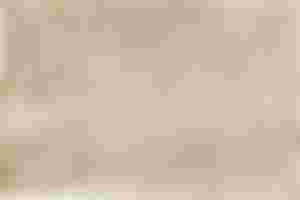
As far as law is concerned, Muslims, thanks to the all-encompassing character of the Qur'an, developed this science very quickly. The first written constitution comes from Muslims. And the first such constitution was compiled by the Messenger of Allah sallallaahu 'alayhi wa sallam himself, when he founded the first Islamic state in Medina, which has been preserved to this day.
The contribution of Muslims to the study of history is great, especially in establishing the authenticity of documents. Islam has no need for legends and assumptions in its own History. Biographical lexicons are one of the characteristics of historical literature among Muslims.
Few people have recorded history and historical events so diligently, carefully and on a scientific basis.
Then, as far as geography and topography of making geographical maps are concerned, Muslims have made an immeasurable contribution in this scientific branch.

Ibn Majid, who was the helmsman on the ship Vaska da Game to India, already then mentions the compass, as a well-known thing. The words "admiral", "arsenal", "cable", "tariff", etc. which are native Arabic, clearly speak of the influence of Muslims on modern Western civilization.
So there are a large number of discoveries in the field of natural sciences, but the West has attributed most of these discoveries to its “scientists”.
Let us look at the contribution of Muslims in the field of botany. Botany has been especially researched among Muslims. Except for the names of some plants, which did not grow in the then Muslim world, there was no name of foreign origin. The Botanical Encyclopedia of Dinaverius (died 899), in six large volumes, was compiled even before the first Greek work on botany was translated into Arabic. Dinaveri described not only the appearance of plants, but also classified them, and described their nutritional qualities, pharmacological and other properties.

Medicine among Muslims has experienced great progress in anatomy, pharmacy, organization of hospitals, training of medical staff, etc. The medical works of Islamic physicians remained the foundation of all medicine, including Western.
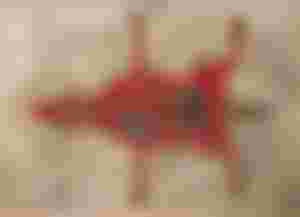
Allah subhanahu wa ta'ala says: "Out of their bowels (the bowels of bees) is a drink of different colors, in which there is medicine for people. This is indeed proof for people who think." (Nahl, 69)
If you want to preserve a piece of meat, put it in honey and it will not spoil, because honey has the property of destroying bacteria, it contains medicine to humans, and the use of honey has long been known for healing purposes.
The Messenger of Allah, sallallaahu 'alayhi wa sallam, said: "If I were not afraid of hardship for my followers, I would order them to brush their teeth (with miswak) with each prayer (five times a day)." (Sahih)
Miswak has many times stronger cleaning and disinfecting properties than what is found in many toothpastes.
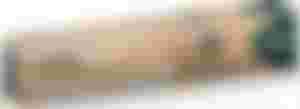
The Qur’an requires that people think about the creation of the universe and study how heaven and earth are subordinate to man. Muslims very early began to engage in serious study in the field of chemistry and physics. A characteristic of their work is experiment. Through their study and observation, they gathered a huge number of facts.
The mathematical sciences have indelible traces of Arab-Islamic contribution. The words "algebra", named after the Muslim mathematician Al-Hawarizmi, then "nula" (zero), "cifra" (digit), "šifra" (code), "ta'rifa" (tariff), "x", etc., they are of Arabic origin.
Here we will list some more things that Muslims brought to the West. If there were no Muslims, the West would not know about sugar, orange, lemon, peach, cotton, jacket, coffee, soap, perfume, alkali, gunpowder, distillation, paper, compass, etc.
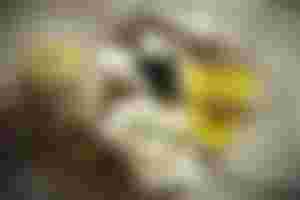
In the end, one should know that these are just some of the many examples that speak of the merit of Muslims in the development and progress of human civilization. The "civilized" West has hindered them in their further progress. The barbaric devastation hit two major Islamic intellectual centers: Baghdad in the east and Cordoba-Granada in the west. Many libraries with hundreds of thousands of books and manuscripts, along with these cities, were burned. The massacres did not spare the scientists either. What had been created for centuries was destroyed by the barbarians in a matter of days. This example depicts the reality of East and West. And that's not all. On the contrary, Westerners today are proud of what they have given in the development of civilization. According to them, all the credit belongs only to their scientists, and Muslims are not even mentioned. How much they really gave is also shown by the fact that their philosopher Engels stated that the burning of libraries in Baghdad and Cordoba-Granada set back human civilization by 1000 years. In the end, we can rightly point out that the representatives of Islamic science did not lag behind any of the great names in the history of science, although even today it is trying, and to a large extent succeeding, to conceal it. We can rightly say that the East was in the lead over the West, both in the field of science and in the field of culture.
Then it remains to mention that the spread of Islam was nowhere by sword and fire, whenever the Muslims conquered a city, they offered the local population several options, as was the case during the conquest of Jerusalem during the h. Omar as in the time of Salahuddin either to accept Islam voluntarily, or to remain in their former religion with the obligation to pay jizya (a kind of tax) or to move out and take with them everything they possess. History is our best witness to these things, because Muslims know very well that Allah said, "There is no compulsion in the faith."
I pray Allah to strengthen Islam and Muslims, that Muslims again take ownership of their teaching, study and progress and to bring more good for all humanity. Amen.
